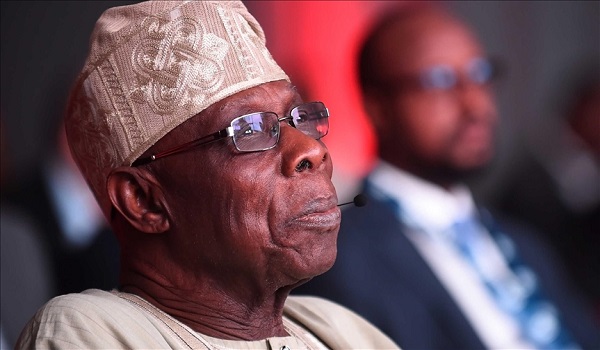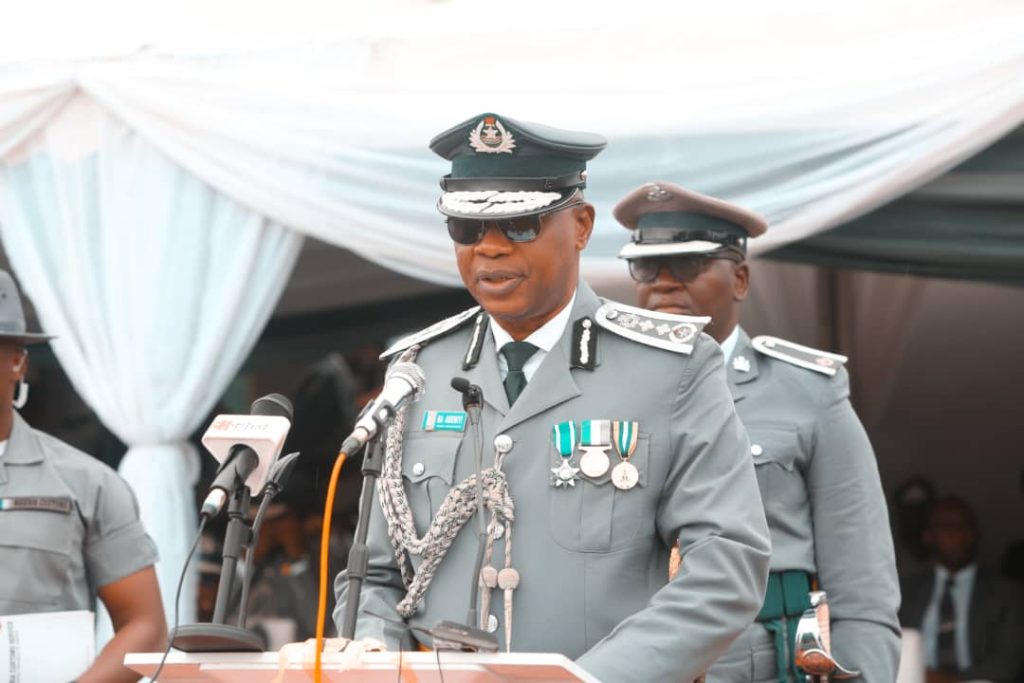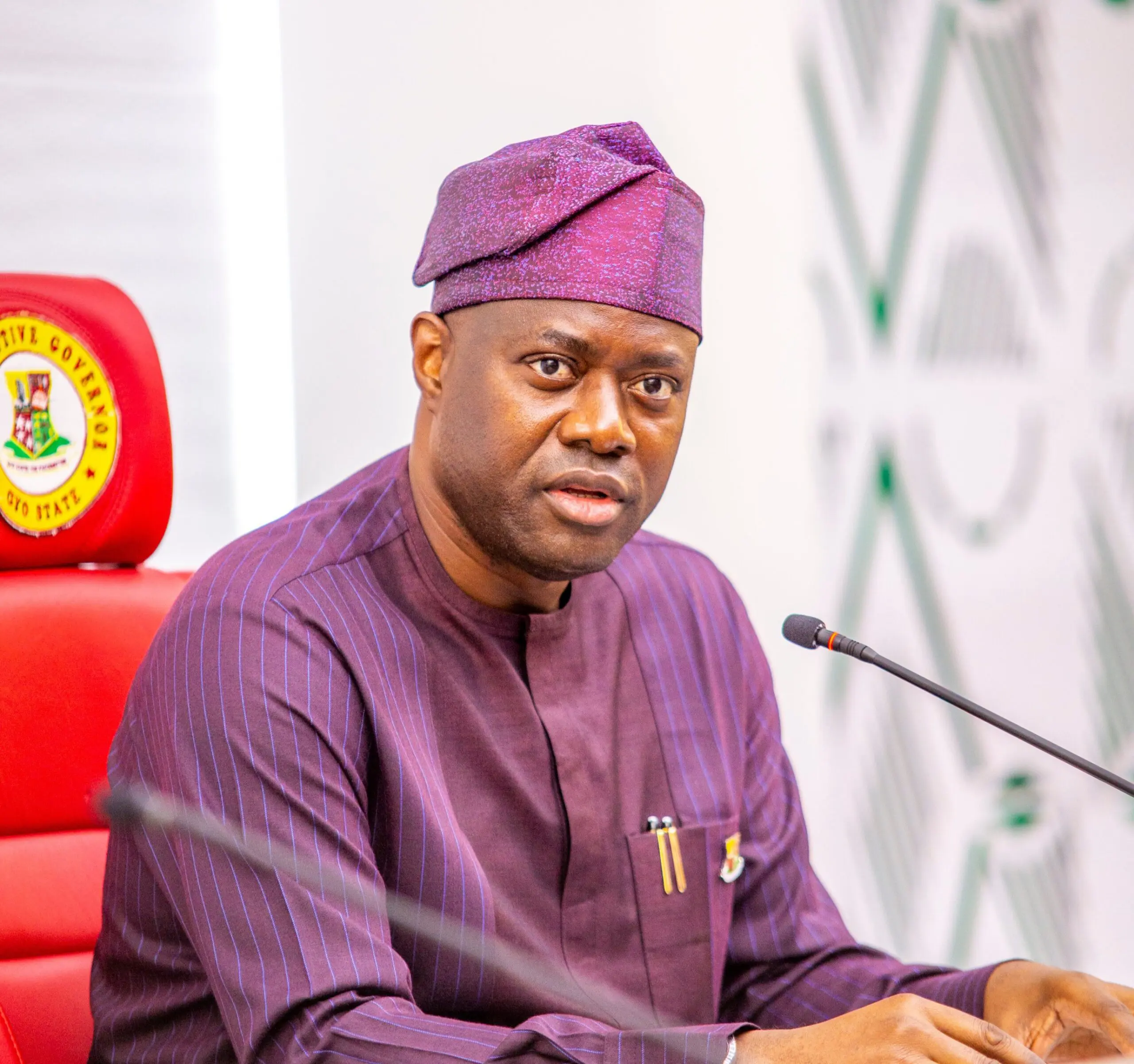Former President Olusegun Obasanjo has sharply criticized the current administration of President Bola Tinubu, condemning the N15.6 trillion Lagos-Calabar Coastal highway project and the N21 billion expenditure on the Vice President’s official residence as wasteful and corrupt.
In his new book, Nigeria: Past and Future, Obasanjo painted a grim picture of the state of leadership in Nigeria, calling many officeholders "ill-prepared" and "self-centered." He specifically criticized governors, ministers, and other leaders who, according to him, exploit their positions for personal enrichment at the expense of the country’s development.
On the Lagos-Calabar Coastal road, Obasanjo pointed out the immense cost and the controversial awarding of the contract to Gilbert Chagoury’s Hitech Construction Company, which has been linked to President Tinubu’s long-time business partner. The contract, which has sparked public debate for lack of competitive bidding, has been questioned by notable figures such as Atiku Abubakar, the presidential candidate of the People’s Democratic Party (PDP) in 2023.
Obasanjo’s book critiques what he sees as the transactional nature of Nigerian politics, stating that office-seekers are primarily motivated by the slogan “It is my turn to chop,” highlighting the country’s continued suffering due to corruption and the misuse of state resources.
The former president also criticized the N21 billion spent on building the Vice President’s official residence, calling it a “misplaced priority” during times of economic hardship. He suggested that such projects only serve to enrich a few individuals and perpetuate corruption within the system.
In addition to addressing these issues, Obasanjo proposed a reevaluation of Western liberal democracy, urging Nigeria and other African nations to adopt a form of governance that reflects African culture and values, which he referred to as “Afrodemocracy.” He argued that this model could better address the continent’s unique challenges while avoiding the pitfalls of Western systems.
Obasanjo’s remarks have added to the ongoing public debate about the direction of Nigerian politics and governance, drawing attention to the need for more transparent and accountable leadership in the country.




